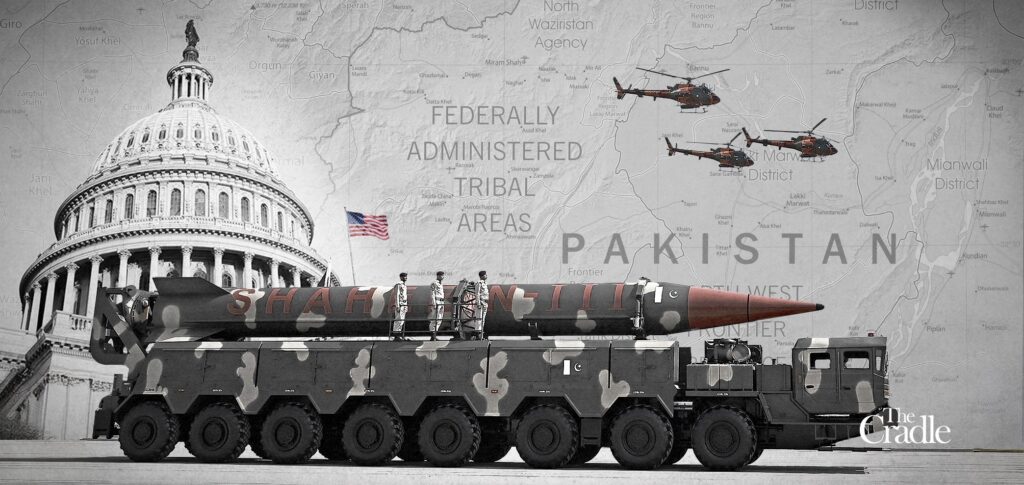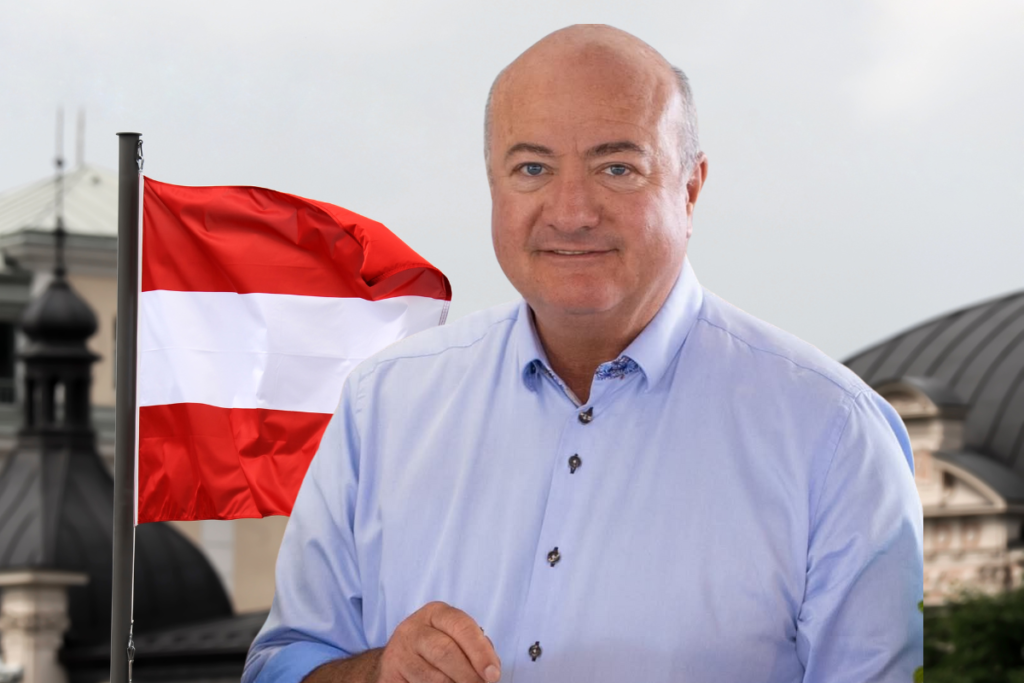The city of Los Angeles has become the epicenter of a volatile national standoff after large-scale protests erupted in response to federal immigration raids. The demonstrations, initially sparked by the arrest of 44 individuals by ICE agents in the Westlake District, have quickly grown into a broader movement against what activists are calling the militarization of immigration enforcement and the criminalization of migrant communities. Crowds gathered in downtown Los Angeles and beyond, blocking highways, staging sit-ins, and clashing with police in scenes reminiscent of past civil unrest.
In a move that has deepened the controversy, former President Donald Trump authorized the deployment of 2,000 National Guard troops to Los Angeles County, with an additional 700 Marines on standby. The decision to mobilize military forces, notably without the consent of California Governor Gavin Newsom, has alarmed civil rights advocates and local leaders. Critics have denounced the federal action as a dangerous overreach of power, drawing comparisons to martial law and warning of its potential to escalate tensions rather than defuse them.
Governor Newsom has filed legal action to challenge the troop deployment, arguing that the federal government is violating California’s sovereignty and undermining its authority to manage civil unrest within its borders. Los Angeles Mayor Karen Bass echoed these concerns, stating that the city is being used as a “test case” for federal crackdowns on dissent. Both leaders have called for a de-escalation and a renewed focus on dialogue and reform rather than force.
Meanwhile, the atmosphere on the ground remains charged. Protesters, many of them young and organized through social media, have called for the dismantling of ICE and an end to deportations that break up families and terrorize immigrant communities. Reports from the scene indicate that several protesters have been injured, and dozens arrested, as confrontations with law enforcement continue. A reporter was even struck by a rubber bullet on live television, sparking further outcry over the use of excessive force.
This growing movement is not just about a single raid or one agency, it has come to symbolize broader frustrations with racial injustice, immigration policy, and the erosion of civil liberties. As protests continue and legal battles unfold, Los Angeles stands at the crossroads of a national reckoning over who holds power, how it is exercised, and at what cost to democracy and human dignity.



